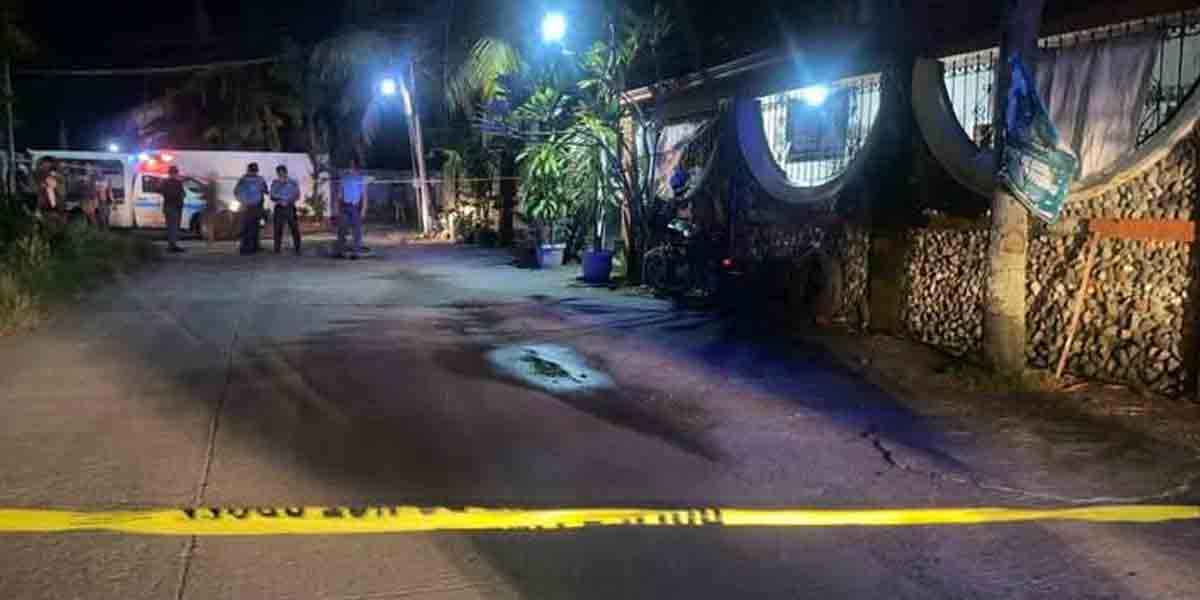BAKU, Azerbaijan—Civil society organizations (CSOs) and leaders from climate-vulnerable nations, including the Philippines, expressed outrage at the proposed climate finance text unveiled during the 29th Conference of Parties (COP29) of the United Nations Framework Convention on Climate Change.
The draft, calling for a $250 billion annual financing goal, was criticized for its inadequacy and lack of assurances against debt-based funding for developing countries.
CSOs and climate advocates urged the governments of vulnerable nations to reject the deal and demand more ambitious financing commitments to address the escalating climate crisis.
Bishop Gerry Alminaza of Caritas Philippines called the proposal “cruel,” drawing comparisons between the proposed funding and the profits of fossil fuel giants.
“Year in and out, climate-vulnerable communities in the Philippines and across the world lose their lives and loved ones from intensifying impacts of the climate crisis,” Alminaza said.
“The text that came out yesterday is cruel, placing a price tag of merely $250 billion on this suffering. Oil and gas companies in the US alone earned $244 billion in 2023. Developed countries must deliver trillions, not billions, to meet their moral responsibility.”
The latest text failed to meet demands from developing nations for $1.3 trillion in grants, which would avoid further indebting vulnerable economies.
Over 300 civil society organizations urged the Group of 77 (G77) and China to reject the text, warning that an inadequate agreement would perpetuate global inequalities.
“Climate chaos is now our reality in the Philippines, with supertyphoons and other impacts breaking record after record,” said Gerry Arances, executive director of the Center for Energy, Ecology, and Development (CEED).
“We will continue holding the line. Anything less than trillions in grants is a perpetuation of the Global North’s injustices.”
The Philippines, recognized as one of the most climate-vulnerable nations, has faced consecutive storms and significant losses in 2023.
Deputy Executive Director of CEED, Avril De Torres, emphasized that without concrete funding commitments, upcoming climate initiatives, such as the Loss and Damage meeting in the Philippines, could fail.
“The Philippines recently faced six consecutive storms, resulting in the tragic loss of over 170 lives,” De Torres said. “Without the necessary finance, how can we operationalize an enhanced Nationally Determined Contribution (NDC) or ensure meaningful climate action?”
The contentious negotiations underscored the disparity between developed and developing nations. Krishna Ariola, founding convenor of Youth for Climate Hope, called COP29 “a betrayal of hope for a livable future.”
“Filipinos deserve more than empty words. Resilience is not a solution—it’s a burden we should not be forced to bear,” Ariola said.
Other advocates pointed out the continued expansion of fossil fuels and the lack of financing for renewable energy in Southeast Asia.
Martha Vergara, deputy head for oceans and climate at CEED, criticized the ecological impact of inadequate funding and fossil fuel projects.
“Protecting marine biodiversity is non-negotiable, yet our oceans are being exploited and destroyed for profit,” Vergara said.
“Without healthy oceans, there’s no climate solution, no food security, and no future.”
As of writing, COP29 delegates awaited a new text iteration, with many CSOs insisting on rejecting any deal that does not adequately address loss and damage financing and historical polluters’ obligations.
“The message from wealthy nations is clear: their profits from fossil fuels matter more than the lives of those drowning, starving, or fleeing their homes due to climate disasters,” said Arances. “This isn’t diplomacy—it’s betrayal.”
The Philippines, along with other developing nations, is expected to continue pushing for equitable climate financing and justice in the next phases of climate negotiations.





















